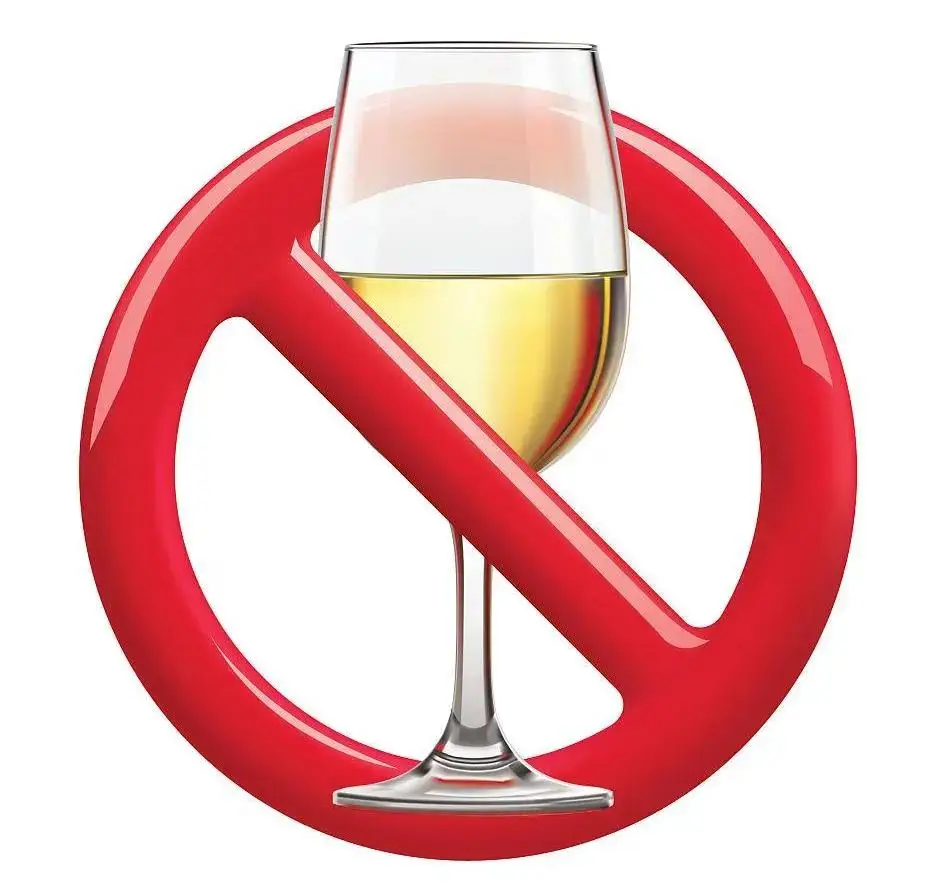Choosing Cooked Snacks During Alcohol Cessation: A Guide to Nourishing Your Body and Mind
When you decide to stop drinking alcohol, your body and mind undergo a significant transformation. The journey of alcohol cessation is not just about abstaining from drinks; it’s about rebuilding your health, re-establishing routines, and rediscovering joy in everyday life. One of the most effective ways to support this process is through mindful eating, particularly by choosing cooked snacks. These snacks can provide comfort, nutrition, and a sense of satisfaction that helps replace the ritual of drinking. In this article, we’ll explore why cooked snacks are beneficial during alcohol cessation and offer practical ideas for incorporating them into your daily routine.
The Role of Snacks in Alcohol Cessation
Quitting alcohol often brings about cravings, both psychological and physical. Alcohol can disrupt blood sugar levels, leading to energy crashes and increased hunger. Additionally, many people associate drinking with certain routines or emotions, such as relaxing after work or socializing. Without alcohol, there may be a void that needs filling. This is where snacks, especially cooked ones, can play a crucial role.
Cooked snacks are more than just quick bites; they can be nurturing and purposeful. Unlike raw or processed snacks, cooked options often provide warmth, depth of flavor, and a feeling of fullness that can help curb cravings. They also tend to be more nutrient-dense, offering vitamins, minerals, and fiber that support overall health during recovery.
Benefits of Cooked Snacks
-
Warmth and Comfort: Cooked snacks, whether baked, roasted, or sautéed, provide a comforting experience. The warmth can be soothing, especially during moments of stress or anxiety, which are common during alcohol cessation. For example, a warm bowl of vegetable soup or baked sweet potato fries can feel like a hug from the inside, helping to alleviate emotional triggers that might otherwise lead to drinking.
-
Nutrient Absorption: Cooking can enhance the bioavailability of certain nutrients. For instance, cooking vegetables like tomatoes or carrots increases their lycopene and beta-carotene content, respectively. During alcohol cessation, your body needs extra nutrients to repair damage caused by alcohol, such as liver inflammation or nutrient deficiencies. Cooked snacks can help deliver these nutrients more effectively.
-
Satiety and Blood Sugar Regulation: Alcohol can wreak havoc on blood sugar levels, leading to cravings for sugary or high-carb foods. Cooked snacks that include complex carbohydrates, protein, and healthy fats can help stabilize blood sugar. For example, roasted chickpeas or baked chicken strips provide sustained energy, reducing the likelihood of energy crashes and impulsive eating.

-
Mindful Eating Experience: Preparing cooked snacks encourages mindfulness. The process of cooking—chopping, seasoning, and tasting—can be a therapeutic activity that distracts from cravings and fosters a sense of accomplishment. This mindfulness can extend to eating, helping you savor each bite and recognize when you’re full, which is essential for developing healthier habits.
Practical Cooked Snack Ideas
Here are some simple, nutritious, and delicious cooked snack ideas to try during your alcohol cessation journey:
-
Roasted Vegetables: Cut vegetables like bell peppers, zucchini, or broccoli into bite-sized pieces, toss with olive oil and herbs, and roast until tender. These make a crunchy, satisfying snack rich in fiber and antioxidants.
-
Baked Sweet Potato Fries: Slice sweet potatoes into fries, lightly coat with oil, and bake until crispy. Sweet potatoes are packed with vitamins A and C, which support immune function and skin health.
-
Homemade Soup: Prepare a batch of vegetable or chicken soup and portion it into small containers. Sipping on warm soup can be incredibly comforting and hydrating, which is important since alcohol cessation often requires increased fluid intake.
-
Air-Fried Tofu or Chicken Bites: Marinate tofu or chicken pieces in your favorite spices, then air-fry or bake until golden. These protein-packed snacks help maintain muscle mass and keep you full longer.
-
Whole-Grain Muffins: Bake muffins using whole-grain flour, oats, and add-ins like berries or nuts. They’re perfect for a quick snack and provide sustained energy without the sugar crash.
-
Steamed Edamame: Lightly steam edamame pods and sprinkle with sea salt. Edamame is a great source of plant-based protein and fiber.
-
Quinoa Patties: Mix cooked quinoa with vegetables and spices, form into patties, and pan-fry or bake. These are versatile and can be enjoyed hot or cold.
Incorporating Cooked Snacks into Your Routine
To make cooked snacks a consistent part of your alcohol cessation plan, consider these tips:
- Plan Ahead: Dedicate time each week to prep snacks. Roast a tray of vegetables, bake a batch of muffins, or cook a pot of soup to have on hand when cravings strike.
- Listen to Your Body: Pay attention to hunger cues and emotional triggers. If you feel the urge to drink, try having a warm snack first and see if it satisfies you.
- Experiment with Flavors: Use herbs, spices, and healthy sauces to make your snacks exciting. Trying new recipes can keep things interesting and prevent boredom.
- Share with Others: Cooking and sharing snacks with friends or family can provide social support, which is invaluable during recovery.
Conclusion
Choosing cooked snacks during alcohol cessation is a powerful strategy to support your physical and emotional well-being. These snacks offer comfort, nutrition, and a mindful eating experience that can help you navigate cravings and build healthier habits. Remember, recovery is a journey, and every small step—like opting for a warm, homemade snack—brings you closer to a healthier, alcohol-free life. Embrace the process, be kind to yourself, and enjoy the nourishing benefits of cooked snacks along the way.




发表评论